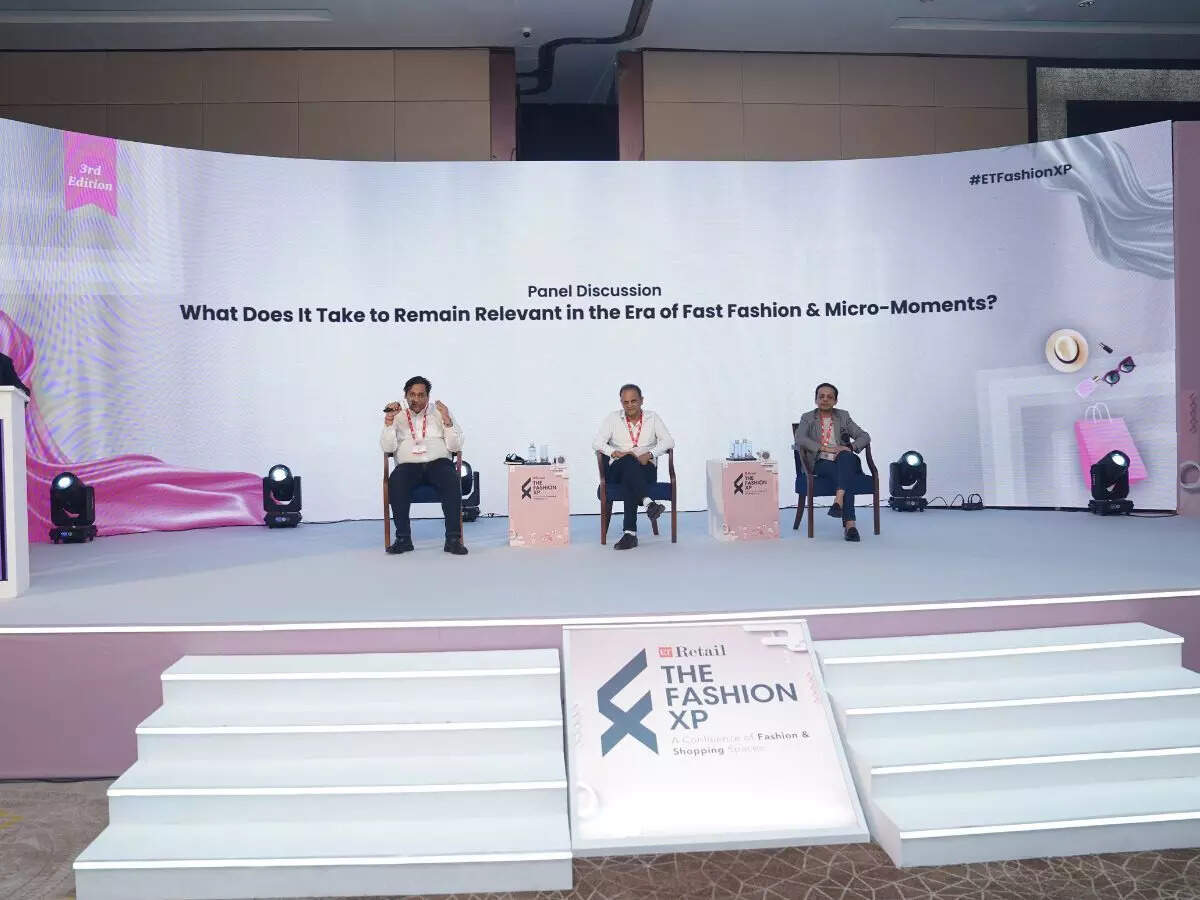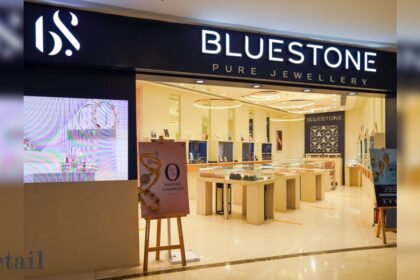
Bengaluru: In a market where consumer expectations are evolving faster than ever, Indian fashion retailers are grappling with the challenge of staying relevant without sacrificing quality, authenticity, or brand identity. At a recent panel discussion at the 3rd edition of The FashionXP, titled “What Does It Take to Remain Relevant in the Era of Fast Fashion & Micro-Moments?”, industry leaders Dinesh Talera, co-founder of Mysore Saree Udyog; Ayush Bansal, director of Liberty Group; and Jay Prakash Shukla, CEO of 1 India Family Mart shared how they are navigating this fast-changing landscape.Ayush Bansal emphasized the importance of not chasing every fleeting micro-trend but focusing on bigger, sustainable trends that resonate with evolving consumer aspirations. “One of our important time in the past, because we are in present, in our country, and serving our customers from last 65 years and staying relevant. It’s also a lot about understanding who the consumer is and not chasing every trend,” he said. Liberty Group invested in premiumization, launching brands like Healers and Leap 7X to target mass-premium customers, especially Gen Z, while maintaining its core formalwear business. The group’s digital strategy also paid off significantly, with digital channels now contributing 28 per cent of its revenue and growing at 40–50 per cent annually.For Dinesh Talera, the solution lies in harmonizing heritage with innovation. “We tend to stick deep to the roots of our culture and tradition while designing products,” he said. Instead of merely following aesthetics, Mysore Saree Udyog embeds traditional techniques into contemporary designs, such as fragrance-infused sarees and modern silhouettes like bomber jackets. The brand’s partnership with the Registry of Saris to document over 1,100 curated exhibits exemplifies a commitment to preserving Indian cultural identity while staying relevant.
Jay Prakash Shukla shed light on the unique challenges of serving value-conscious customers in tier 2 and tier 3 towns, where aspirations have surged but income levels remain modest. “Initially, all these requirements of the customers were noted in a, you know, so called, a pad or a book at the store, and then this relevant information was sent back to the head office… Now we are building a tech where you know the customer coming in and whatever weird requirement they have… immediately that gets loaded into that platform,” he explained. This enables 1 India Family Mart to respond to micro-moments rapidly and effectively, bridging the gap between fast-changing trends and affordability.
On the subject of micro-moments, Ayush Bansal pointed out how they drive consumer behavior and conversions. “If you are watching a movie on YouTube and you get an ad of you binge watching, and you get an ad of a Maggie or a popcorn, it’s available in 10 minutes. So why not? You will order it,” he said. He shared examples where targeting emotional moments in films with product ads—such as school shoes during a child-mother scene-led to strong conversions. According to Bansal, the future lies in using a combination of AI and human intervention to predict these consumer micro-moments and act on them preemptively.
Dinesh Talera concluded by highlighting the enduring strength of tradition: “The timeless appeal of a sari has stood the test of time… What has changed is maybe colors, designs, the way it is draped, or the cuts of the blouses. So that is the relevance which we need to keep and keep it in check, so that you still have the soul of the product still intact.”







